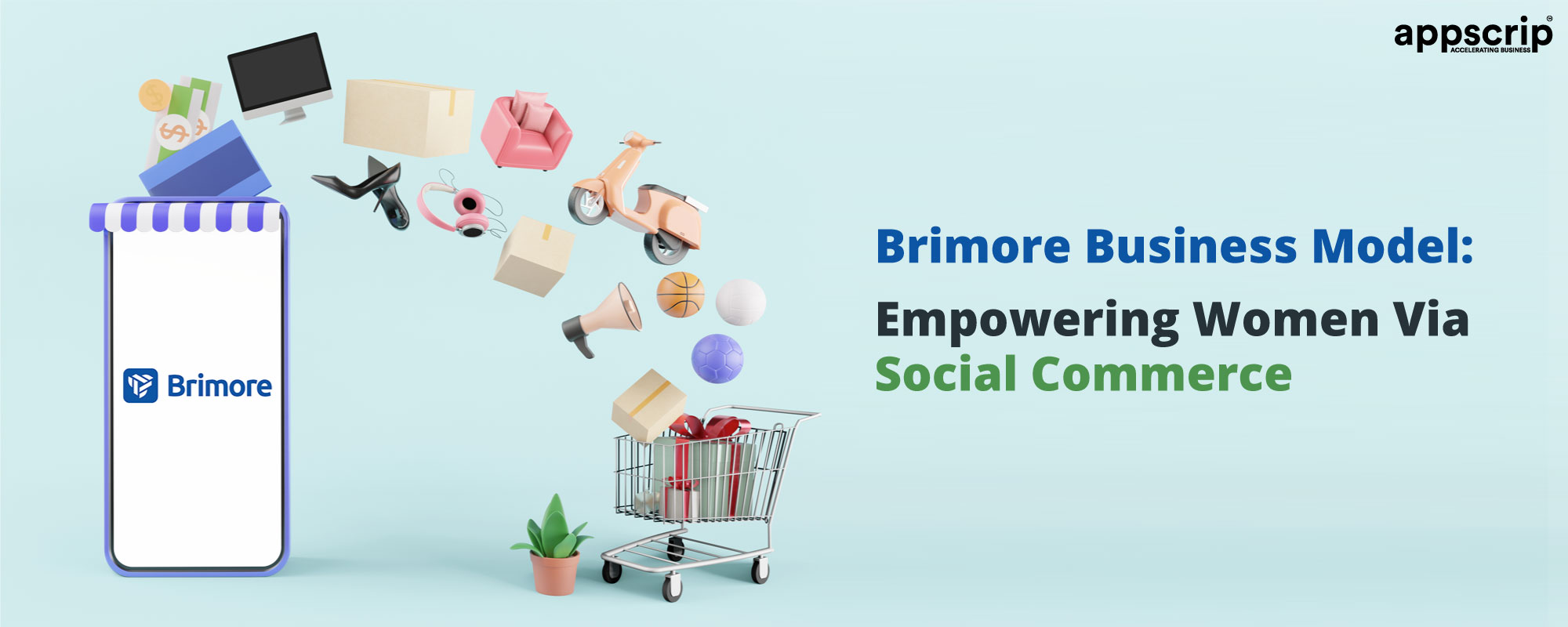Brimore co-founders CEO Mohamed Abdulaziz and CBO Ahmed Sheikha couldn’t fathom why new brands weren’t finding success in Egypt despite millions of price-sensitive consumers awaiting a good deal.
After researching and taking into cognizance the power of social commerce, they launched a Cairo-based firm Brimore. Brimore – was coined out of “bring” and “more” – with an eye to capitalise on the region’s ecommerce boom.
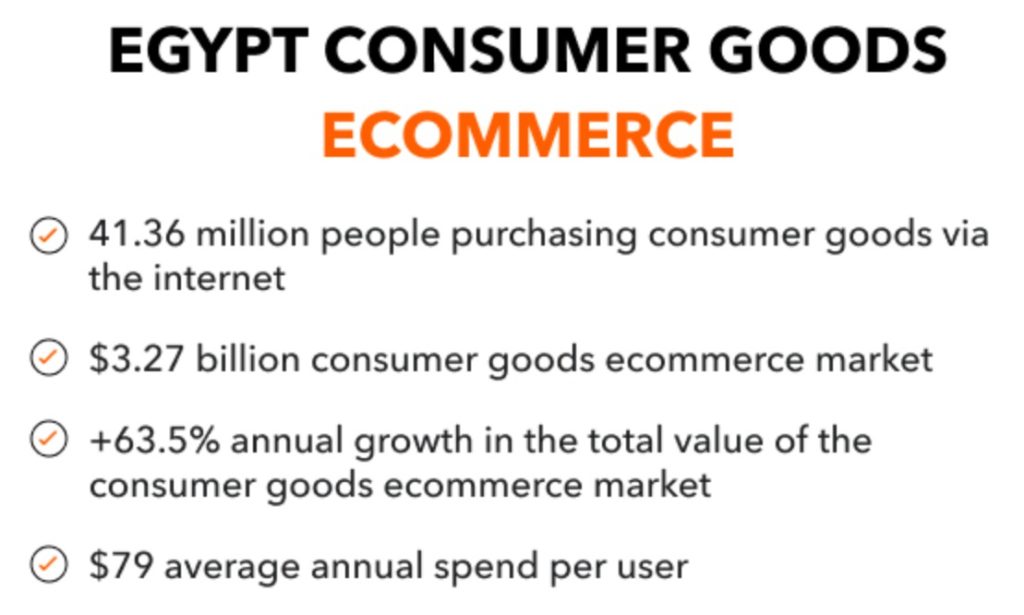
The Brimore business model deliberated to connect suppliers and community sellers. They promise suppliers the creation and generation of demand as 95% of them are relatively unknown.
Looking at the prevalence of social media they envisioned to connect incipient brand owners with a network of micro sellers on social media. The sellers – predominantly consisting of women, would sell as well as refer products in their social circles. This ensured reliable market access for suppliers and income opportunities for sellers’.
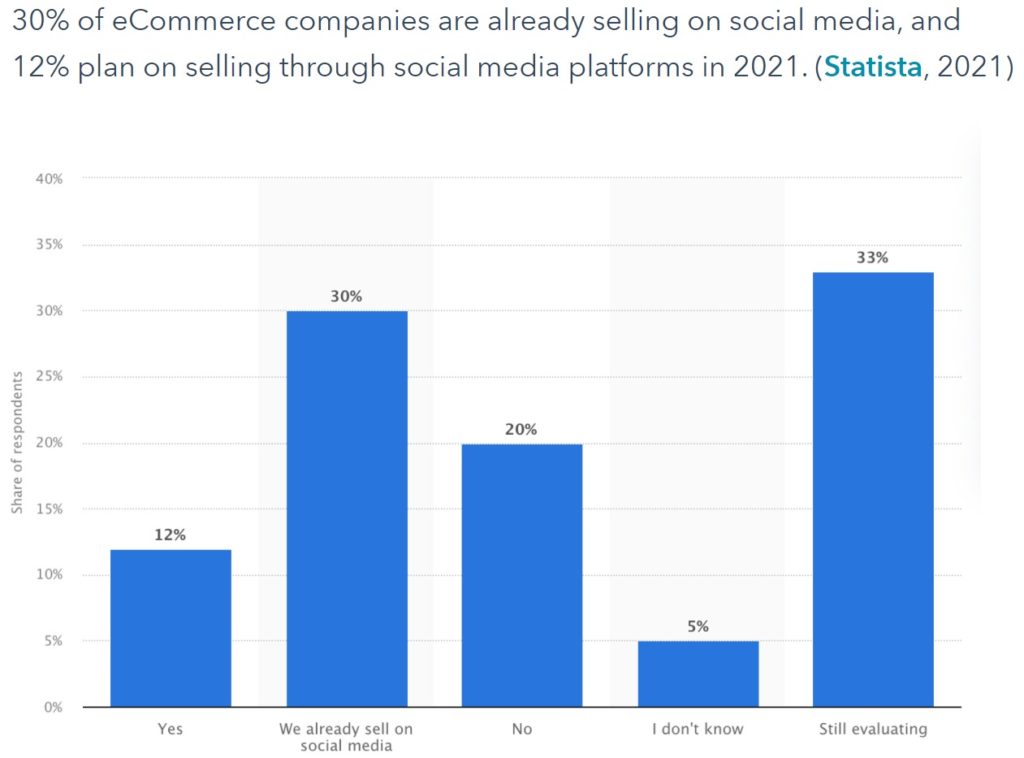
Beginnings and Funding Of Brimore
The start-up began with five employees and now accounts for 700. It has huge network of 75,000 active sellers and 300 suppliers. The product categories include: household goods, personal care, fashion, electronics, furniture and food and beverages. There are around 8,000 products categories.
Brimore labels itself as the biggest social ecommerce app in Africa in terms of number of users and revenue, which is guarded info.
Brimore raised $800,000 in a seed round in April 2019 which was co-led by Algebra Ventures and Endure Capital. There was participation from 500 Startups, Flat6Labs and angel investors.

After which they raised another $3.5 million in a pre-series A round in May 2020. The pre-series A Round involved Algebra Ventures with the participation of DisrupTech, Vision Ventures and other existing investors 500 Startups and Flat6Labs.
This sector surged 52% to hit $22 billion at the end of 2020. 80% of the transactions was home to Egypt, Saudi Arabia and the UAE.
How Brimore Works
Brimore believes working with small ‘n’ medium sized Egyptian factories and buying a major portion of their capacity. This augments the economics of the brands significantly in a positive manner.
The products are then supplied to their network of sellers. 9 out of their 10 sellers are women residing in rural regions outside Cairo and Alexandria.
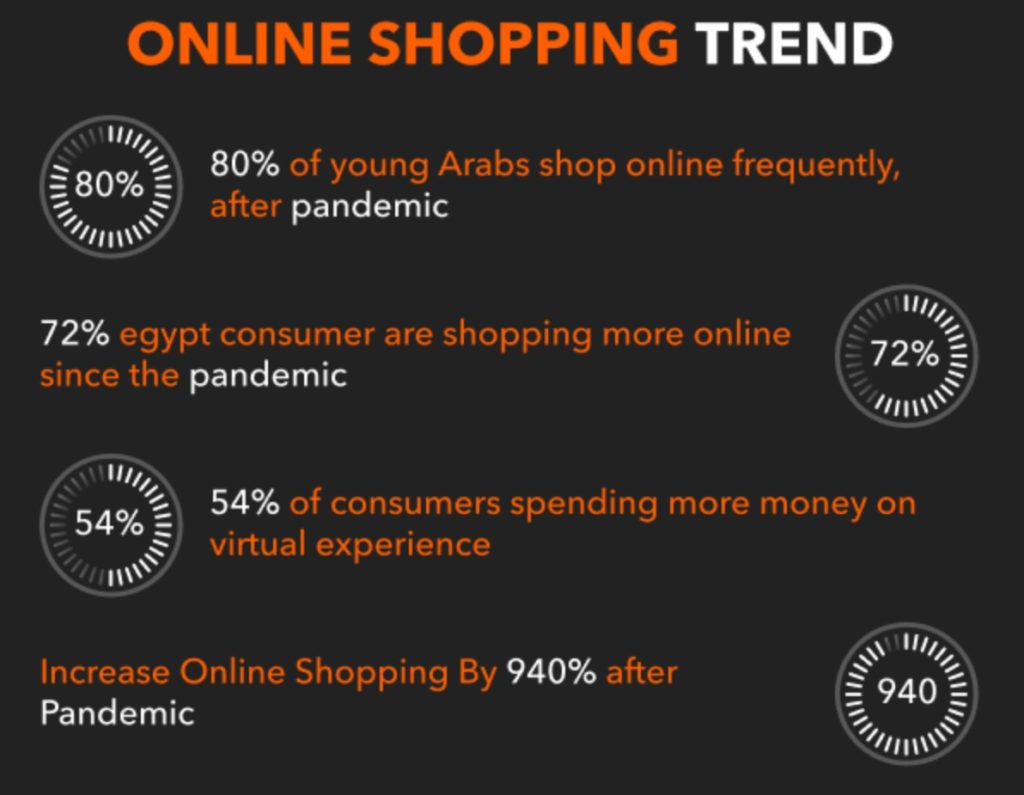
The end consumer who is characteristically price-sensitive and brand-insensitive has access to products that serves them well. The seller has sold his product without much ado and his brand now has been noticed. The sale took place in a socially acceptable manner and its potential has risen. The social fabric of Egypt gains on the whole.
Company profile
- Company: Brimore
- Date started: 2017
- Founders: Mohamed Abdulaziz and Ahmed Sheikha
- Based: Cairo, Egypt
- Sector: Social e-commerce
- Size: 700 employees
Future Funding Possibilities
New investors have joined for the third round comprising of: Algebra Ventures, Fawry, Flourish Ventures and the International Finance Corporation (IFC).
Egyptian FinTech Fawry acquired a minority stake in Brimore at $1 million in September. The IFC stated in August their intent for an equity investment of $5 million towards building infrastructure, operational superiority and expansion.
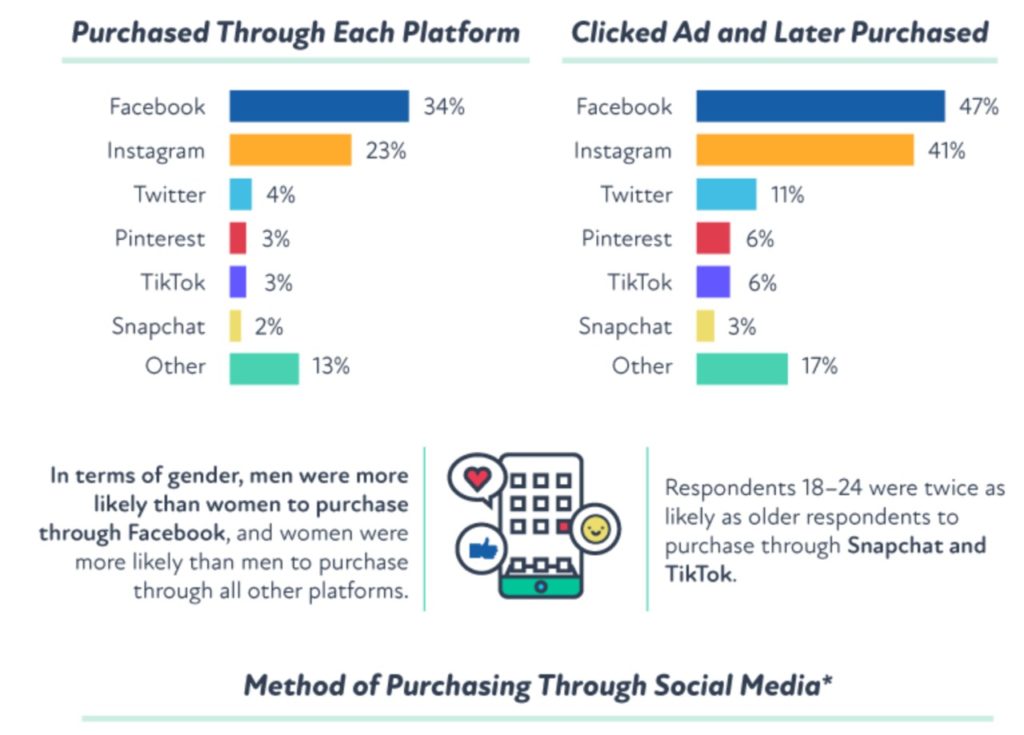
This profitable for both Brimore and Fawry, as Fawry’s network of 230,000 merchants will be incorporated to Brimore’s distribution platform. Now Brimore’s clients can access Fawry’s digital payments and financial services.
Social Ecommerce Beginnings
When Brimore began this business the impetus of social commerce world over wasn’t like now.
There are other similar success stories that served as beacons, such as Meesho in India rolled out in 2015. Meesho enables small businesses and individuals to launch online stores using social channels like Facebook, WhatsApp, or Instagram.
Meesho has raised $1.1 billion to date in funding. This includes an equity investment from Facebook in 2019. Meesho comprises of 60,000 suppliers and 17 million resellers off which 15 million are women.
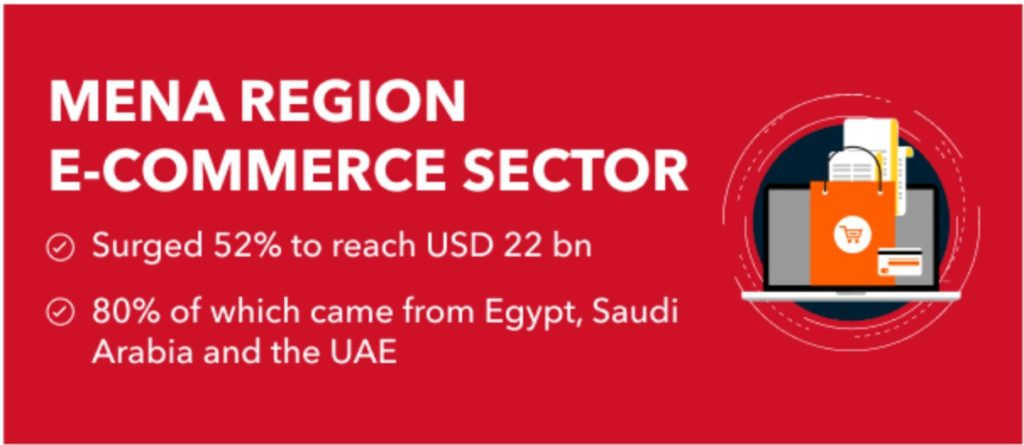
Brimore Business Model
Brimore’s business model helps sellers create promotional material to be share via social media or physically. After receiving an order sellers place a consolidated order which is relayed to the central warehouse to be fulfilled and delivered to clients.
Even though they never targeted women explicitly, the traction from women outnumbered men. Since Brimore invests in inventory, this ensure 25 – 40% profit margin for sellers.
Brimore has also introduced a microfinancing program, offering credit facilities to sellers. This enhances financial literacy among sellers and the firm earns via interest too.
Brimore generates capital via Milezmore which is an end-to-end fulfillment business launched a year back. Comprising of 18 delivery hubs and 80 delivery van, 50% of last mile delivery operations including warehouse and fulfillment operations is taken care of.
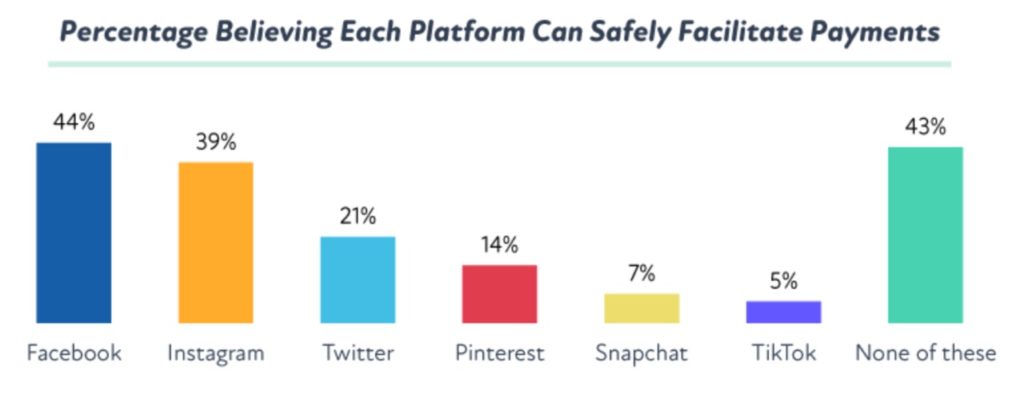
Brimore’s Future Plans
Brimore’s planning expansion across Africa beginning with Kenya and Morocco this year. They want to reach 500,000 sellers by 2023 and expand into East and North Africa. 40 million consumers is their goal through a first or second degree separation. They are now looking to attract younger women to expand more strategically into underserved areas. We expect an annual revenue of $100 million this year. Even during the Covid-19 pandemic, business grew as most sellers stay at home anyway and people use social media more often.
They will also expand the product range and target new market segments, like university students. As of now they continue to grapple with regulations, supplier inconsistencies, fundraising, and labour shortage.
The pandemic didn’t dent their progress. The pandemic proved that a trade business doesn’t entail having a brick-and-mortar store. Businesses can be run from homes, or on WhatsApp, Facebook, or even through calls. Adoption of social ecommerce helps both consumers and resellers.

Conclusion – Brimore Business Model
Brimore is next eyeing the HealthTech (health technology), they see a huge opportunity there.
Social impact is the by-product of any business. But the firm needs to design for it and optimize it. Inclusive businesses give primal importance to development but lack being aggressive. Only a successful business can be inclusive.
60 Decibels, an end-to-end impact measurement company reported that 88% of sellers have improved their quality of life by working with Brimore.
Brimore business model is profitable by transaction. Suppliers give us a discount on the consumer price, which we divide between the sellers, the operating costs, and our margins. They have raised over $30 million in investments to finance our growth. In addition, we serve a huge market of $20 to 30 billion.
After an Engineering degree and a Diploma in Management I devoted 16+ years working in the automotive industry. My innate skill and extreme passion in writing, encouraged me to adopt it up as a profession. I have been writing for more than 10+ years in the software industry. The 400+ blogs I published are informative, exhaustive and interesting to a professional and causal reader.
